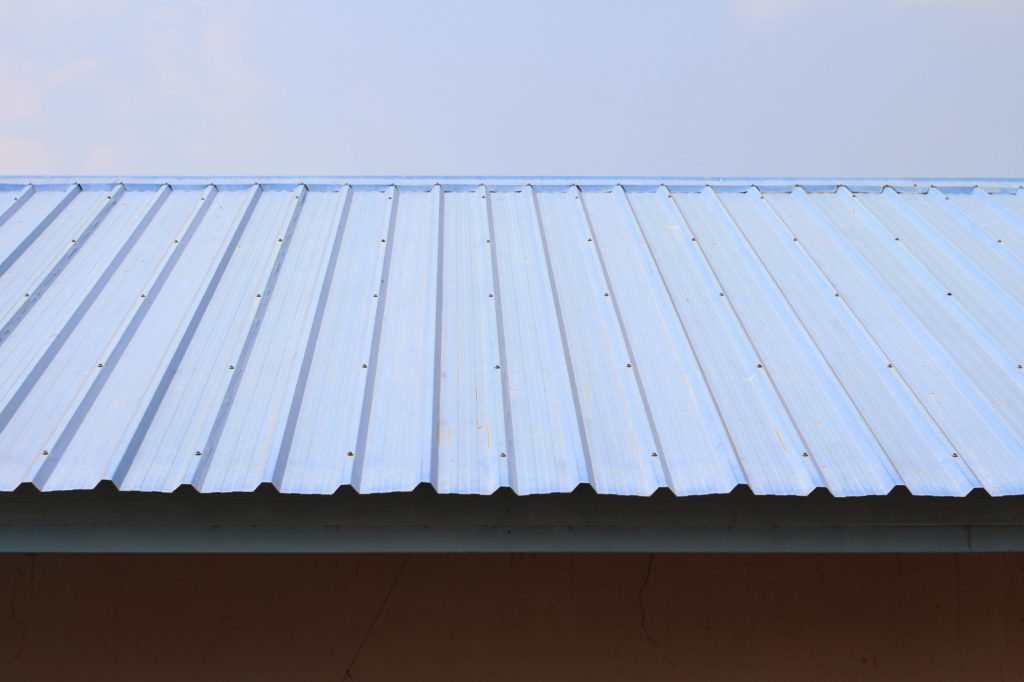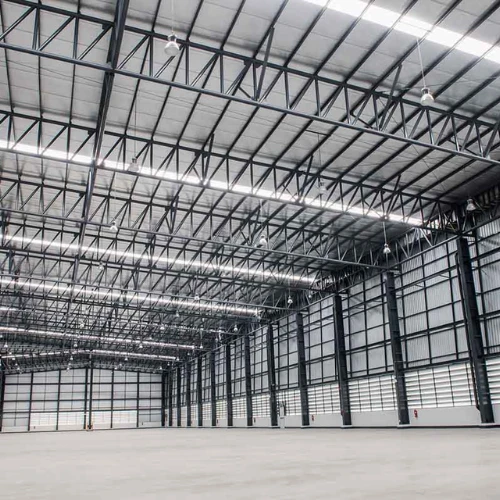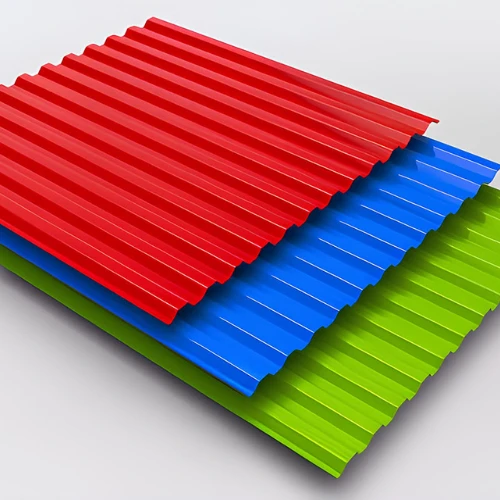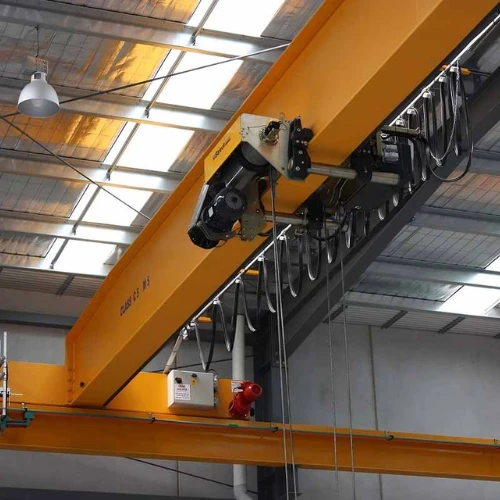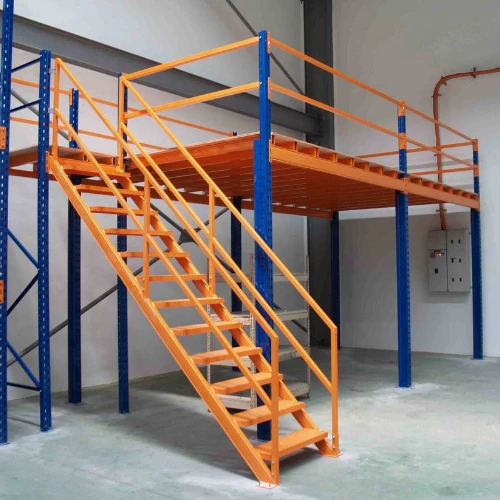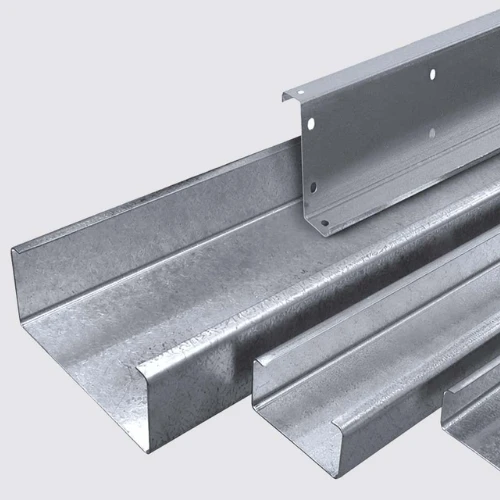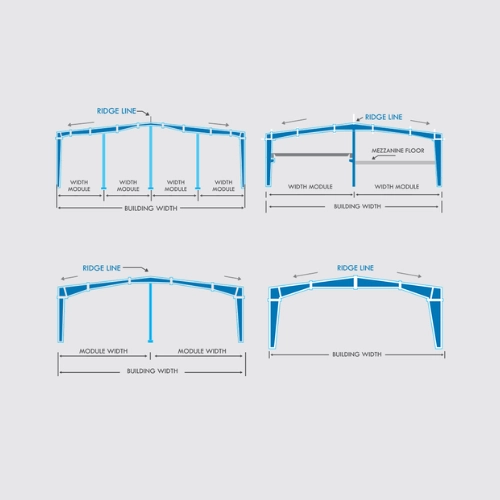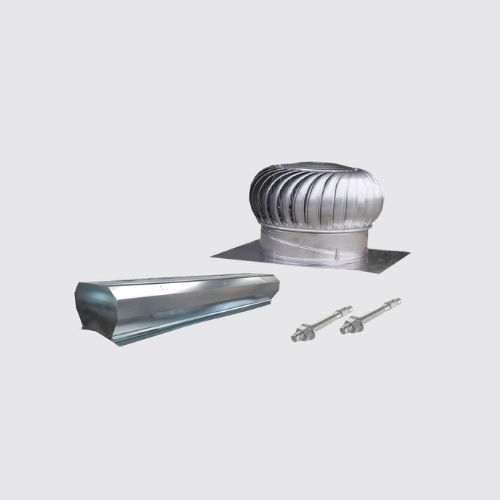When designing a durable, long-lasting structure, Metal Roofing Sheets are essential for ensuring structural strength, weather resistance, and aesthetic value. Whether you’re an architect planning a factory, an engineer working on a warehouse, or a builder managing a commercial complex, choosing the right gauge (thickness) of your roofing sheets directly impacts the building’s safety and longevity.
As a trusted Roof Sheets Manufacturer, Choice Pre-Fab LLP understands that the gauge of Metal Roofing Sheets plays a critical role in PEB (Pre-Engineered Building) performance.
This blog explores how to choose the appropriate thickness for your project, the science behind gauge standards, and the impact it has on building durability, insulation, and cost-efficiency.
What Are Metal Roofing Sheets?
Metal Roofing Sheets are structural components made from galvanised or coated steel, used widely in industrial, commercial, and institutional buildings. These sheets serve as protective coverings, providing insulation, strength, and load-bearing capabilities.
Choice Pre-Fab LLP, a leading PEB Manufacturer based in Kalol, Gujarat, manufactures a wide range of metal roofing sheets tailored for different climates, loads, and usage scenarios. Their precision-engineered products are used across factories, warehouses, logistics parks, and even airports.
What Does “Gauge” Mean in Metal Roofing?
In roofing terminology, gauge refers to the thickness of the metal sheet. It is expressed in numbers, where a lower gauge number indicates a thicker sheet. For example:
- 22 gauge ≈ 0.8 mm
- 24 gauge ≈ 0.6 mm
- 26 gauge ≈ 0.45 mm
These thicknesses significantly influence the sheet’s structural capacity, wind resistance, thermal performance, and cost.
Why Gauge Matters in Metal Roofing Sheets
Selecting the correct gauge of metal roofing sheets can mean the difference between a high-performance, long-lasting structure and one vulnerable to corrosion, leaks, or collapse.
Key Influences of Gauge
Structural Load Capacity: Thicker sheets (lower gauges) offer better strength to withstand wind loads, snowfall, and rooftop equipment.
Weather Resistance: In storm-prone or high-wind regions, thicker gauges resist uplift and deformation.
Longevity & Maintenance: Thicker roof panels are more durable and require less frequent maintenance.
Cost Implications: Thicker gauges are costlier but offer long-term savings in structural integrity and life-cycle value.
Compatibility with Insulation: Sheets must support the weight and installation of insulation sheets without warping.
Recommended Gauge by Application
| Building Type | Recommended Gauge | Reason |
| Industrial Warehouses | 22 – 24 | High wind, long spans, heavy loads |
| Commercial Showrooms & Malls | 24 – 26 | Balance of durability and appearance |
| Cold Storage & Temperature-Sensitive | 24 | Works well with insulation sheets |
| Residential Sheds or Farmhouses | 24 – 26 | Lightweight and cost-effective |
| Transportation or Rail Terminals | 22 – 24 | Requires enhanced load-bearing capacity |
Manufacturing Excellence at Choice Pre-Fab LLP
As a leading roof sheets manufacturer, Choice Pre-Fab LLP ensures:
- ISO 9001:2015 quality control
- Advanced fabrication of built-up, hot-rolled, and cold-formed sections
- Production capacity of 30,000 MT/year
- In-house design, erection, and logistics
- Integration with roof panels, purlins, and fasteners
Each roofing sheet is precision-tested to ensure consistency in gauge, profile, coating, and strength.
Role of Roof Panels in PEB Systems
In PEB structures, roof panels form the outer protective layer. Their ability to perform depends on both the design and the gauge of the metal roofing sheets.
Important Considerations:
- Load Bearing: Supports equipment like HVAC units or solar panels
- Thermal Regulation: Functions well with insulation sheets
- Ease of Installation: Profile and gauge must align with the erection plans
Seam Sealing: Thicker gauges reduce the chances of panel deformation and leakage
Integration with Insulation Sheets
Pairing metal roofing sheets with insulation sheets like PUF or rock wool panels helps improve energy efficiency and comfort.
Advantages:
- Reduced HVAC costs
- Condensation control
- Fire and acoustic resistance
- Increased building life
The thickness of the metal roofing sheets must be sufficient to bear the load of insulation and anchoring systems without compromising structural alignment.
Common Mistakes When Selecting a Gauge
Choosing Based on Cost Alone: Going for thinner sheets (26 gauge) to reduce material cost often leads to structural issues in the long term.
Ignoring Wind and Snow Loads: A 24 or 22 gauge is safer for areas prone to storms or snow accumulation.
Overloading Thin Sheets: Lightweight sheets may deform under rooftop machinery or insulation layers.
Mismatched Accessories: Incompatible fasteners or flashings may lead to weak points and corrosion.
Working with a certified PEB manufacturer like Choice Pre-Fab LLP ensures that all components, frames, panels, insulation, and fasteners are designed cohesively.
Gauge Thickness and Surface Coating
Choice Pre-Fab LLP offers metal roofing sheets with various coatings:
- Galvanised (GI)
- Galvalume (GL)
- Colour-Coated Sheets
These coatings enhance resistance to corrosion, moisture, and chemicals, especially important for coastal or industrial environments. For thinner gauges, coatings significantly prolong the usable life.
Sheet Profiling & Customisation
As a full-scale roof sheets manufacturer, Choice Pre-Fab provides customised profiles based on structural needs, such as:
- Corrugated sheets
- Trapezoidal ribbed sheets
- Standing seam panels
Profiles are precision-rolled to exact gauge thicknesses for uniform performance.
Why Architects Trust Choice Pre-Fab LLP
Architects working with industrial or commercial projects prefer suppliers who can deliver performance-backed, fully-integrated roofing systems.
Choice Pre-Fab LLP stands out because:
- Proven track record with over 200+ completed PEB projects
- Every project is engineered for optimal gauge and load specifications
- Seamless compatibility with roof panels, purlins, insulation, and accessories
- On-time delivery and efficient erection across India
Case Studies: Application of Optimal Gauge in Metal Roofing Sheets
1. M/s Royal Laminates Pvt. Ltd. – Nandasan
- Project Area: 32,000 sq. meters
- Application: Large-scale industrial facility requiring robust structural integrity.
- Gauge Selection: Utilised thicker gauge metal roofing sheets to ensure durability and withstand substantial load requirements.
2. M/s Astral Ltd. – Dahej Chemical Process Plant
- Structural Steel: 3,200 MT
- Application: Chemical processing plant necessitating high corrosion resistance.
- Gauge Selection: Employed appropriate gauge thickness to provide enhanced protection against chemical exposure and environmental factors.
3. M/s Arvind MT Building – Vadsar
- Project Area: 10,000 sq. meters
- Application: Manufacturing unit focusing on textile production.
- Gauge Selection: Selected gauge thickness balancing structural strength and cost-effectiveness, suitable for large-span roofing requirements.
4. M/s Movish Motors Pvt. Ltd. – Sanathal
- Project Area: 8,800 sq. meters
- Application: Automotive manufacturing facility requiring precise engineering.
- Gauge Selection: Implemented metal roofing sheets with gauge thickness tailored to support overhead equipment and ensure long-term performance.
5. M/s Astral Ltd. – Dholka
- Project Area: 14,500 sq. meters
- Application: Plastic manufacturing plant with specific environmental considerations.
- Gauge Selection: Utilised gauge thickness that offers optimal thermal insulation and resistance to environmental stressors.
Conclusion: Choose Wisely, Build Strong
Choosing the right gauge for metal roofing sheets is not just a technical decision; it’s a strategic one. It influences cost, performance, longevity, and overall project success.Whether you’re developing a warehouse, manufacturing unit, or transport terminal, gauge selection should be made in consultation with experienced professionals. With in-house manufacturing, civil expertise, and structural design, Choice Pre-Fab LLP is the ideal PEB manufacturer in Ahmedabad and roofing partner for your next project.
Get in Touch
Ready to get expert recommendations on your roofing requirements?
Call: +91 98795 44808
Email: info@choiceprefab.com
Website: https://choiceprefab.com
FAQs
Q1. What is the most commonly used gauge in industrial metal roofing?
The 24 gauge is widely used for its balance of strength and cost.
Q2. Can I use 26-gauge sheets for large warehouses?
Not recommended unless the area has low wind/snow loads and minimal roof equipment.
Q3. Does Choice Pre-Fab LLP provide insulated roofing?
Yes, they integrate metal roofing sheets with insulation sheets for thermal efficiency.
Q4. Can I customise the profile and coating of my roof sheets?
Absolutely. Multiple profiles, gauges, and coatings are available to suit your project.

